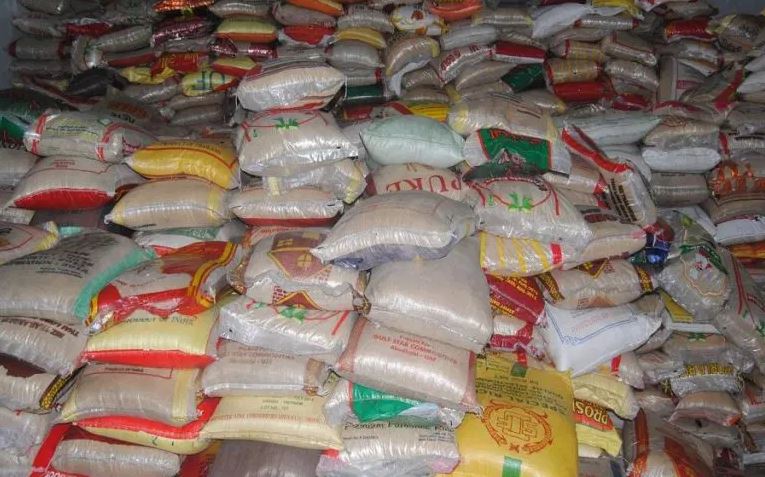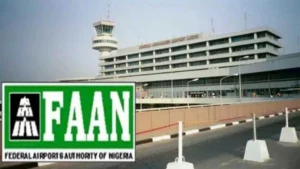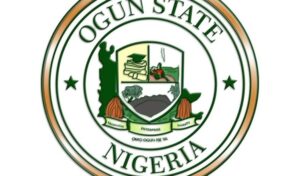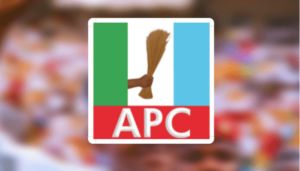In response to the rising hunger crisis in Nigeria, the Federal Government has launched a program to sell 50kg bags of milled rice at a subsidized price of N40,000. This initiative aims to provide affordable food options to citizens during difficult economic times. Here’s a detailed guide on how to access this subsidized rice, including the required documents, the process for registration, and the steps for collection.
Hunger and food insecurity have become pressing issues in Nigeria, affecting millions of families. To address this challenge, the government has decided to sell rice, a staple food in Nigeria, at a reduced price. The hope is that this initiative will not only provide immediate relief to those in need but also stabilize food prices in the market.
To take advantage of this subsidized rice program, you will need to prepare the following documents:
National Identification Number (NIN): This unique number is essential for verifying your identity and eligibility.
Valid ID Card: Acceptable forms include a driver’s license, voter’s card, or any government-issued identification that confirms your identity.
ATM Card: This card will be used for making the necessary payment during the registration process.
Make sure all documents are valid and current, as outdated or incorrect information could hinder your ability to access the rice.
- Location: If you are in Abuja, your first stop should be the Nigeria Agricultural Insurance Corporation (NAIC). This office will handle your registration for the rice program.
- What to Bring: Ensure you have all required documents (NIN, ID card, and ATM card) when you visit the NAIC.
- Upon arrival, you will fill out a registration form with your personal details.
- Present your documents to the officials at NAIC for verification. They will check your NIN and other IDs to confirm your eligibility.
- After successful registration, you will be instructed on how to make your payment.
- Use your ATM card to pay the N40,000 fee for the 50kg bag of rice. Keep your payment receipt as proof of transaction.
- Following payment, you will undergo a verification process. Government officials will review your documents and confirm your eligibility once again. This step is critical to maintain transparency and prevent fraud in the distribution process.
- After completing the registration and verification steps, you can collect your rice.
- Collection Point: Head to the Central Business Area next to the First Bank Branch by NNPC Towers in Abuja.
- Bring your payment receipt and any identification documents to ensure a smooth collection process.
Senator Abubakar Kyari, the Minister of Agriculture and Food Security, has acknowledged the challenges in distributing such a critical staple during these tough economic times. He emphasized that the government has established measures to promote fairness and transparency in the distribution process. Key measures include:
Each person is allowed to purchase only one bag of rice. This policy aims to prevent hoarding and ensure that more families can benefit from the program.
Beneficiaries will be verified through their NIN and phone numbers to ensure that only eligible individuals receive the rice.
The government’s plan to inject 30,000 metric tons (equivalent to about 1,000 trucks) of rice into the Nigerian market is expected to have a significant impact on food prices. Senator Kyari expressed optimism that this influx of rice will help stabilize prices, not only for rice but also for other food items closely related to it.
By following the outlined steps and ensuring you have the necessary documents, you can access the subsidized rice program in Nigeria. This initiative is a vital effort to help mitigate hunger and food insecurity among citizens during challenging times. The government aims to make rice accessible to all, ensuring that everyone has a chance to benefit from this essential staple.
If you are eligible and in need, take action now to secure your subsidized rice and contribute to alleviating hunger in your community.







